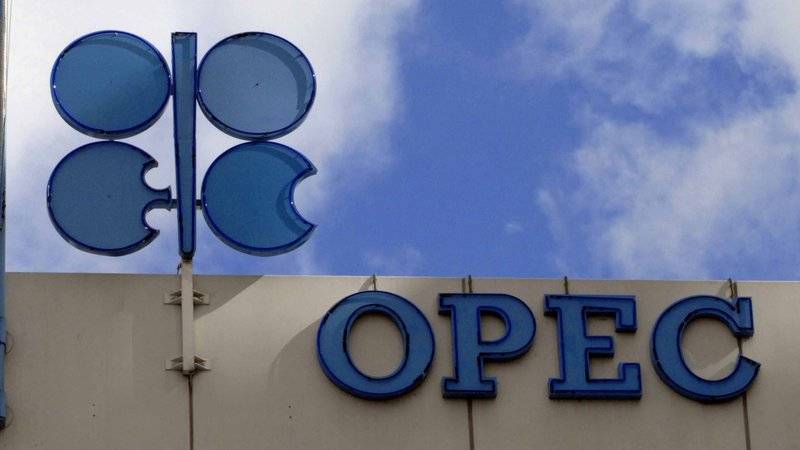The Organisation of Oil Producing Countries (OPEC) have finally come to the decision of restricting oil output in light of falling oil prices after an international oil glut. Initially negotiations were marred by Iran not agreeing to the out put freeze, to the chagrin of the Arab states. Iran had the capacity to sell oil at much cheaper rated than the Saudi Arabia. Now Iran, Libya and Nigeria are exempt from the output freeze while the Arab states will go ahead with the plan.
After this announcement, the world markets saw a sudden increase in oil prices, bringing the price of a barrel at $47. OPEC plans to slash production from the current 33.5 million barrels per day (bpd) to a range of 32.5-33 million bpd in order to bring prices up. However, it remains to be seen whether OPEC countries will move forward with this supply cut in November.
A large part of the market trend is determined by speculation, and this decision has already reaped dividends for oil stocks across the world, with investors gaining greater confidence to buy since the supply cut and subsequent surge in price was announced. Oil prices have surged, the value of oil stocks is consistently rising, particularly in London, and commodity currencies such as the Aussie dollar are also increasing in value against the US dollar. Maybe that is all the boost that the Arab economies needed.
The truth is that it is unlikely that the OPEC cartel will be able to balance the over-supplied world market. The time is gone when the global economy was fully reliant on the OPEC states for their energy needs. The US shale oil boom made sure of that, and the power of Pertrodollers will probably not return to the world system. This will cause recessions in the Arab states, who have limited time to diversify their economies and are already facing contractions. But for the rest of us, whose economies are not built on oil fields, falling energy prices will always be a good thing.






